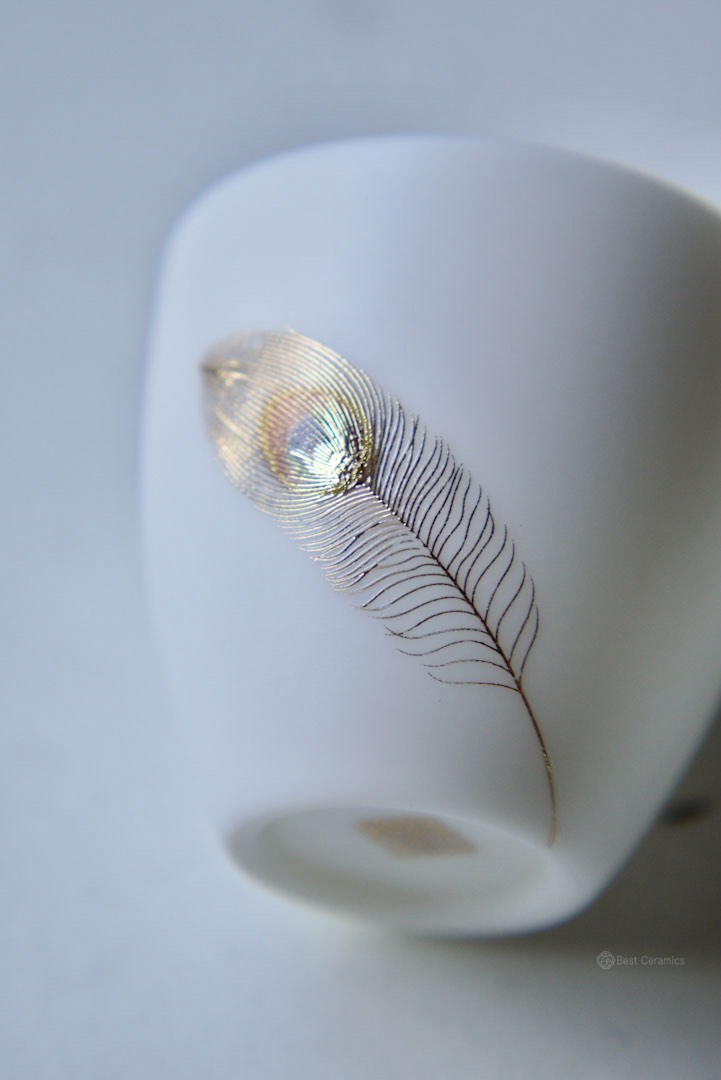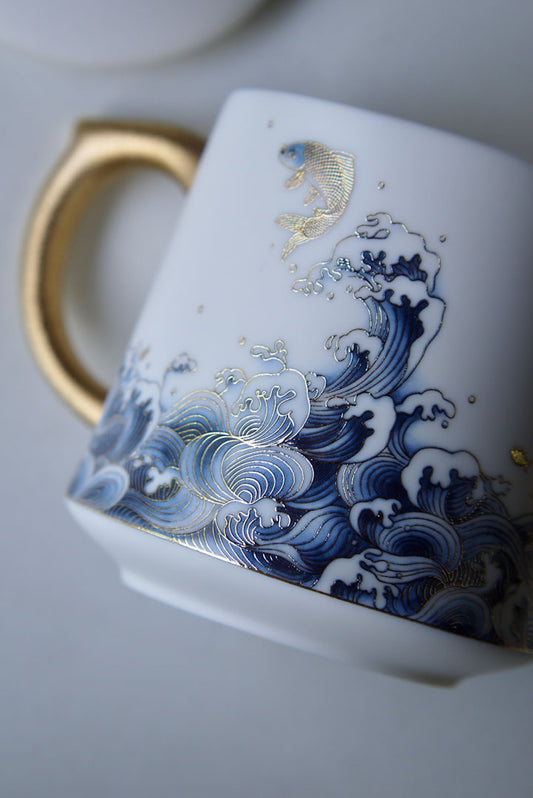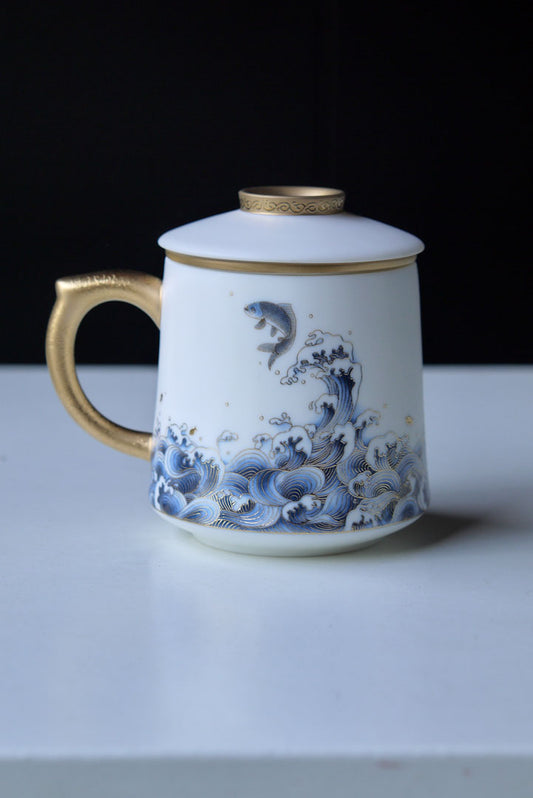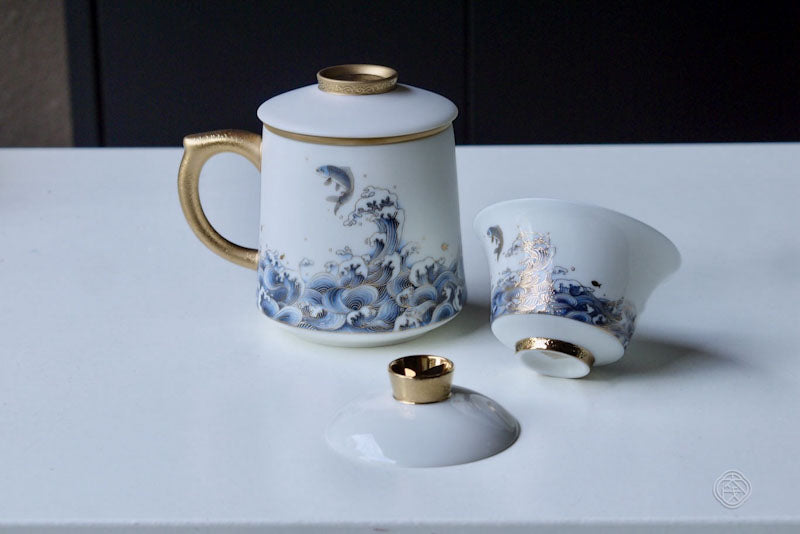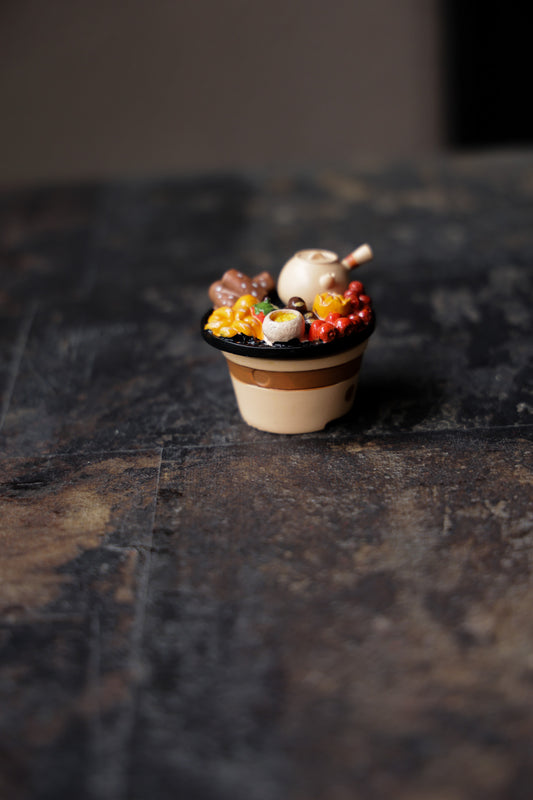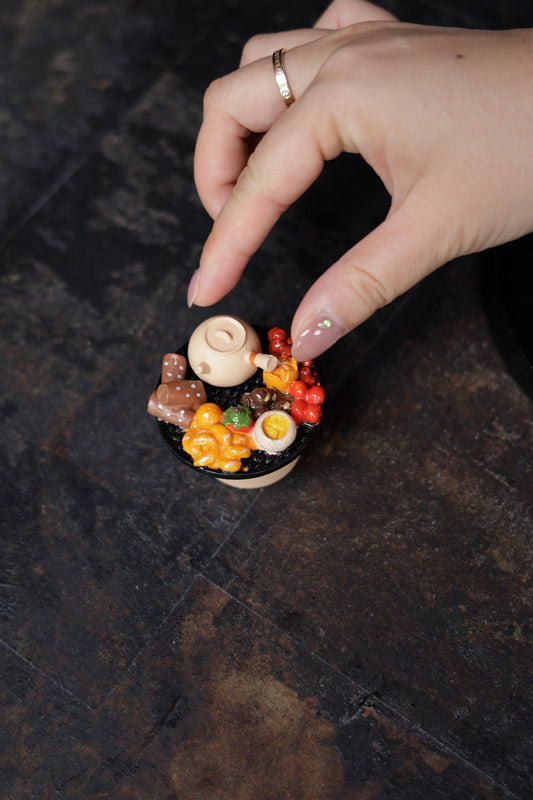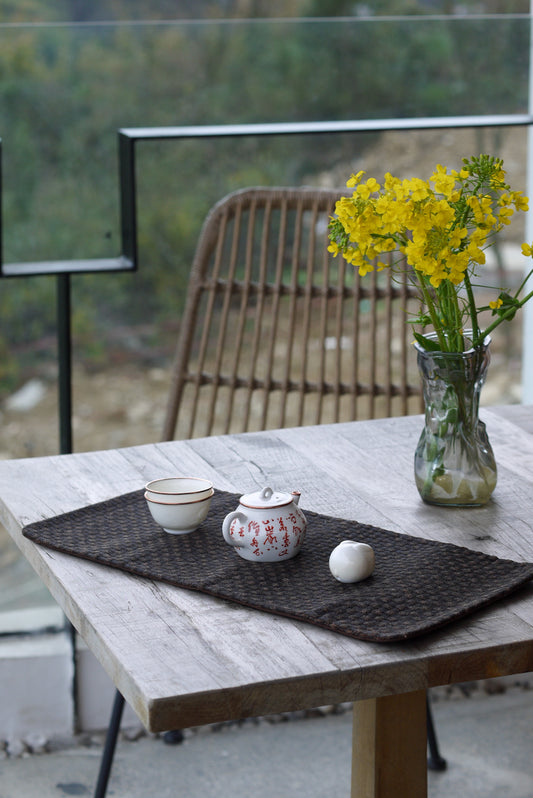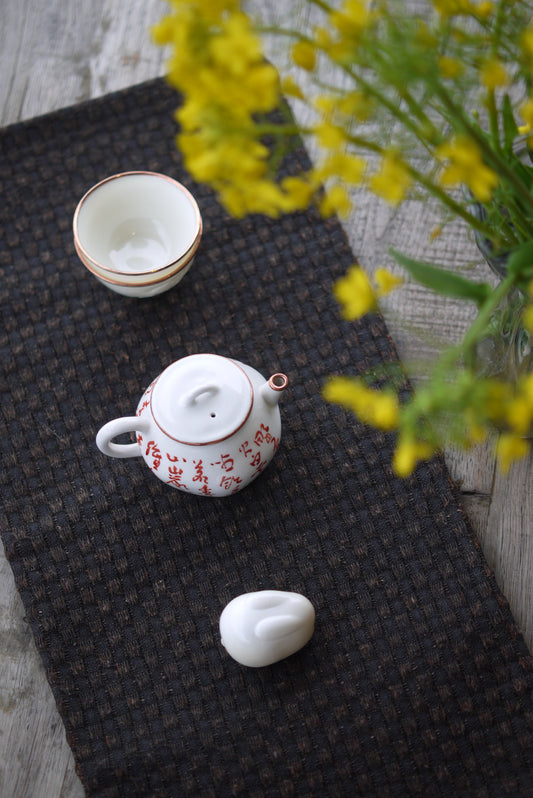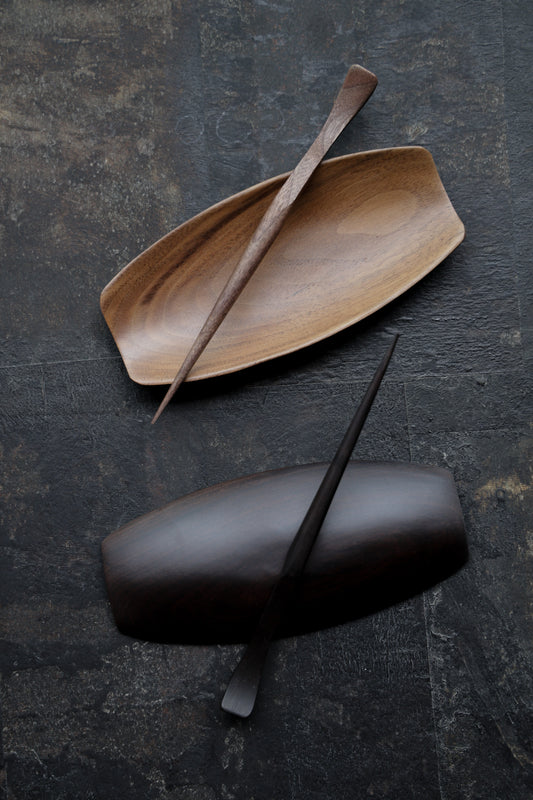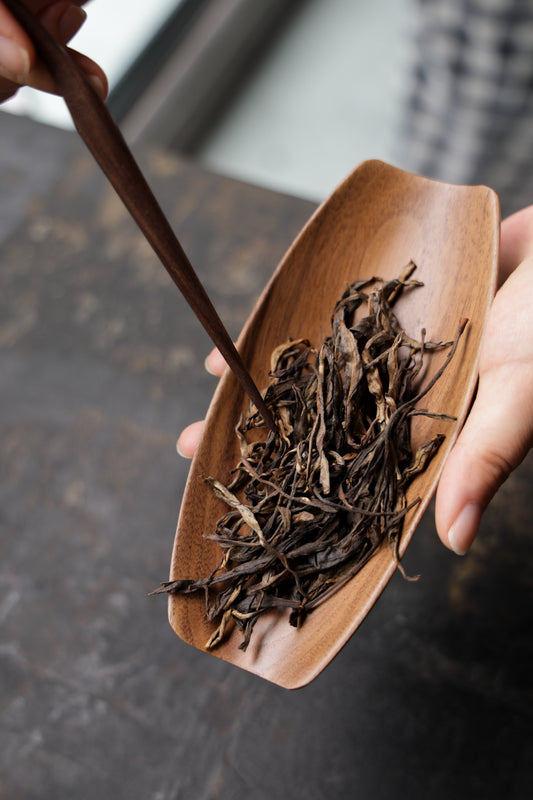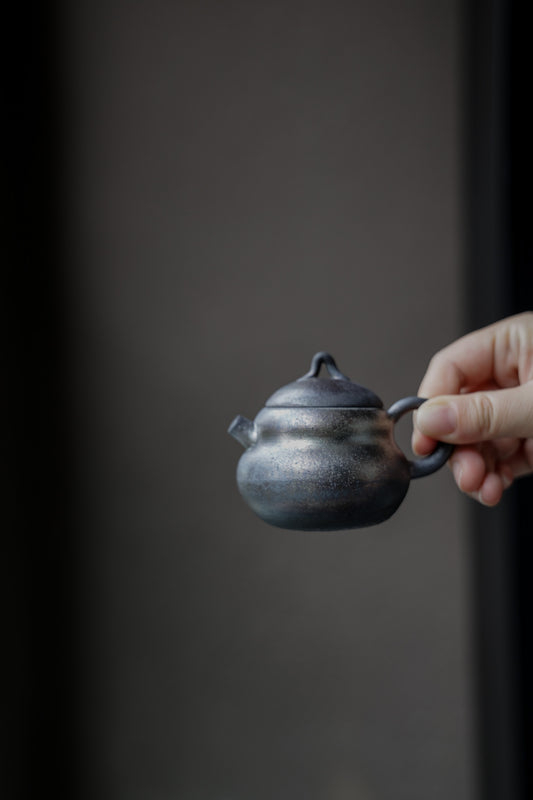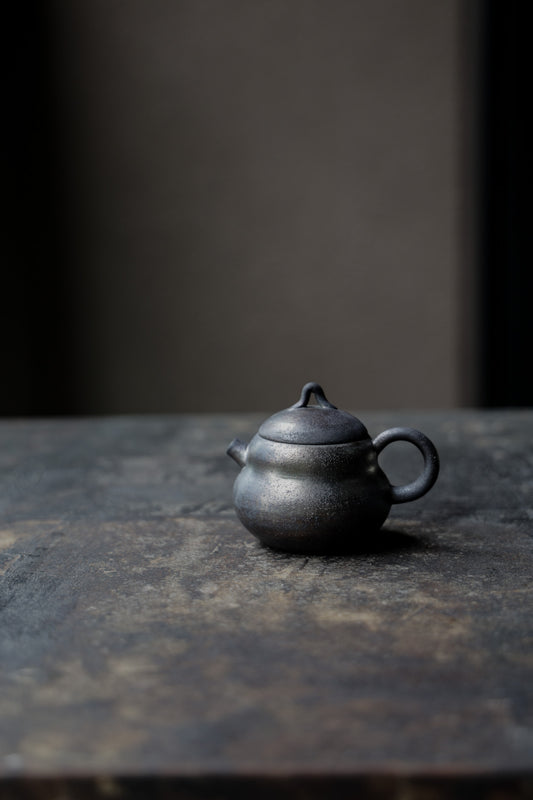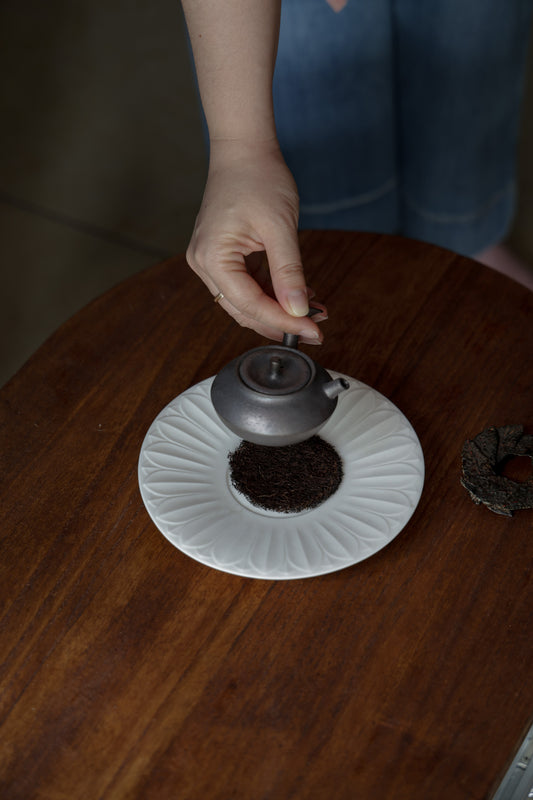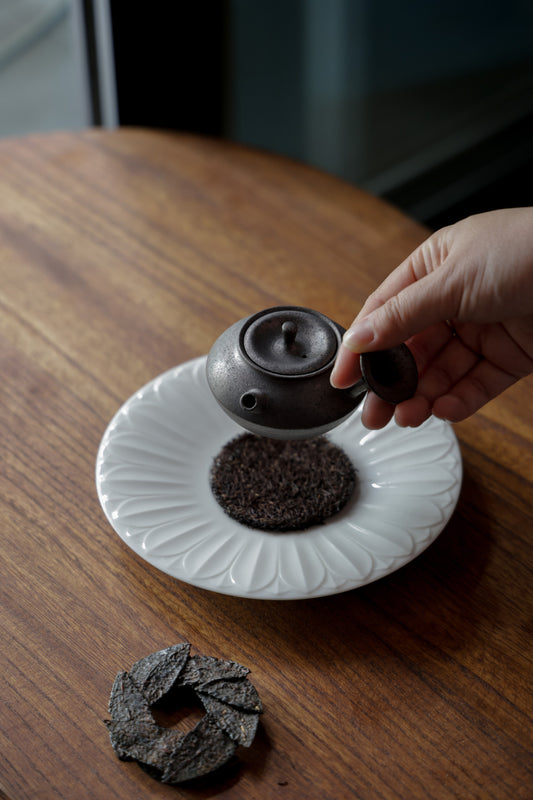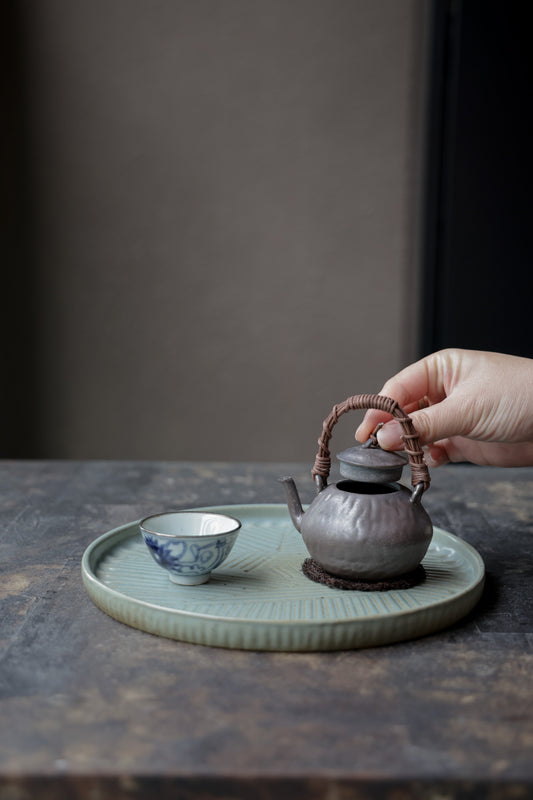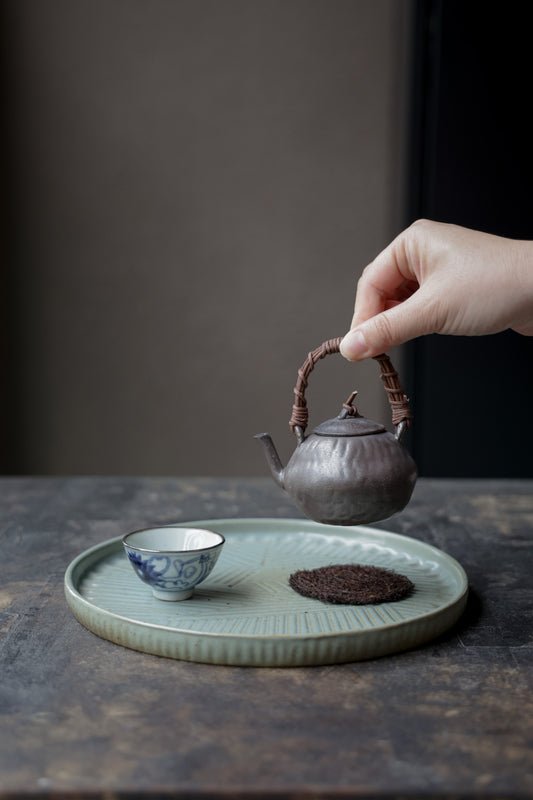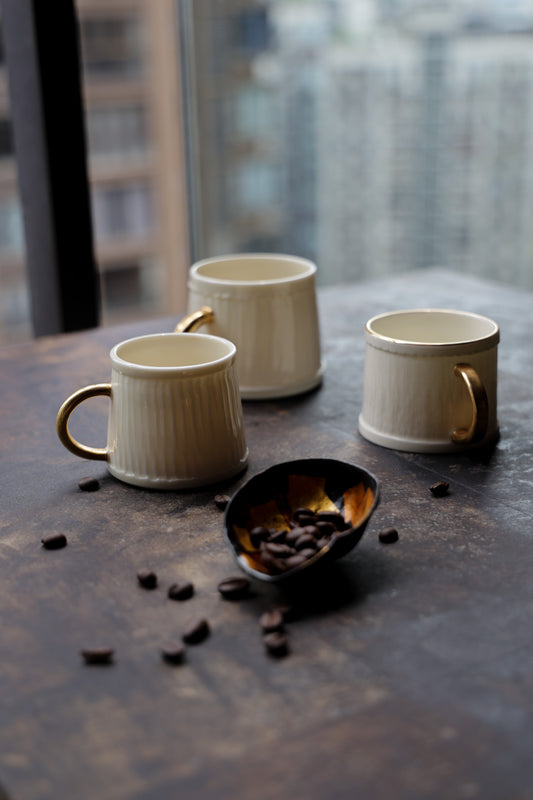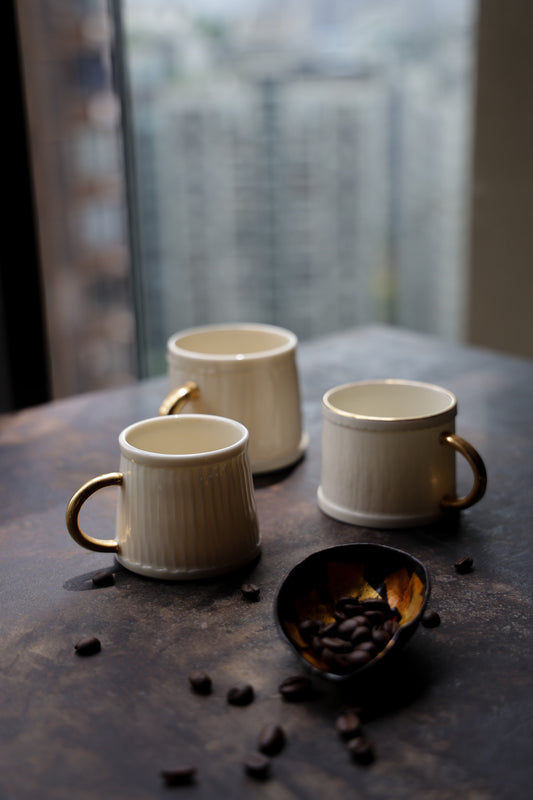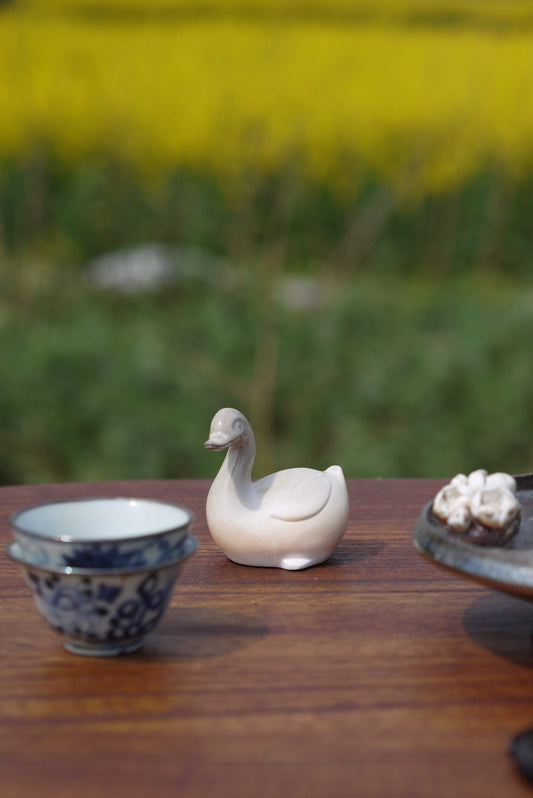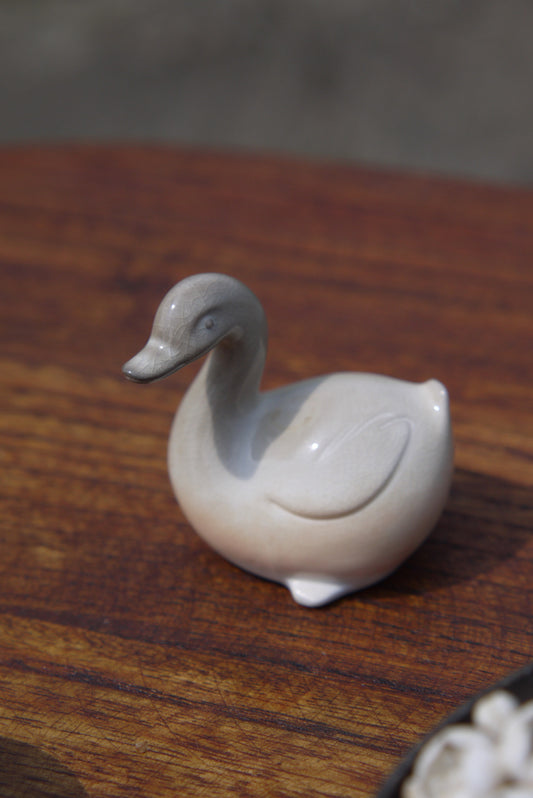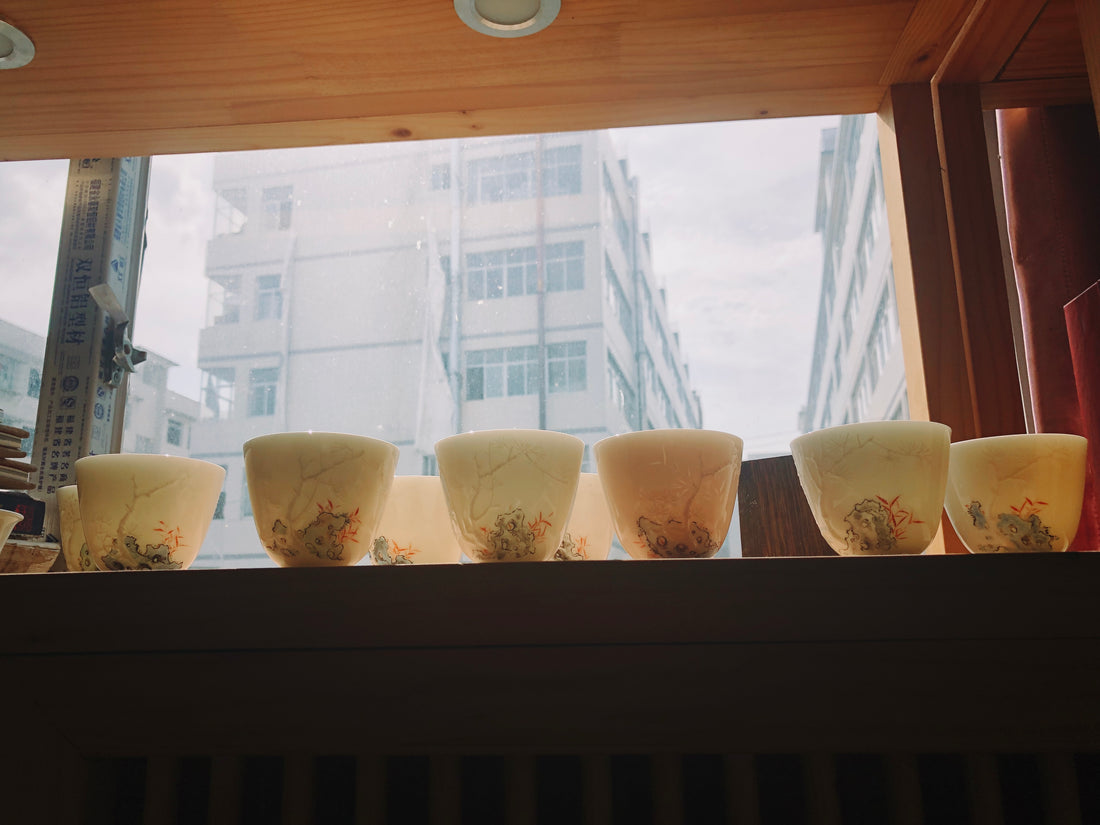
Dehua Porcelain: Inheritance and Innovation
YuanKevinShare
Dehua porcelain, known for its exquisite quality and rich heritage, represents the epitome of Chinese ceramic artistry. Located in Fujian Province, Dehua has a long history of porcelain production, dating back to the Ming dynasty and even earlier. Dehua's porcelain is celebrated for its unique characteristics, including the renowned "Blanc de Chine" or "China White," which has captivated collectors and connoisseurs worldwide.
The foundation of Dehua porcelain's quality lies in its raw materials. The local porcelain clay, known as "China clay," is exceptionally pure, featuring a fine texture and high plasticity, making it ideal for intricate designs. This clay is combined with advanced firing techniques to produce porcelain that is both robust and delicate. The traditional kilns, particularly the dragon kilns, have been crucial in achieving the perfect glaze and body of Dehua porcelain.
One of the most famous aspects of Dehua porcelain is its color variations, particularly the "pig oil white" and "ivory white." These distinct shades are achieved through precise control of the kiln temperature and firing duration, showcasing the artisans' deep understanding of their craft.
Dehua's porcelain artistry has been shaped by generations of master craftsmen. Historical figures like He Chaozong and Zhang Shoushan have set high standards for quality and innovation. He Chaozong, known for his lifelike Buddhist statues, and Zhang Shoushan, famous for his intricate carvings, have left a lasting legacy that continues to inspire contemporary artists.
In modern times, Dehua has continued to evolve, introducing new forms such as "jade porcelain" and "ice jade porcelain." These innovations retain the traditional aesthetic while incorporating modern design elements, appealing to both traditionalists and contemporary art enthusiasts. The "jade porcelain" is noted for its smooth, translucent finish, resembling fine jade, while "ice jade porcelain" offers a unique, frosty appearance that is both visually and tactilely striking.
The preservation of traditional techniques and the embrace of innovation are evident in the works produced by Dehua's contemporary artisans. Today, Dehua boasts over 30,000 ceramic artists who carry forward the legacy of their forebears. The commitment to excellence and the ability to adapt to changing tastes have ensured that Dehua porcelain remains relevant in the modern era.
A prime example of this blend of tradition and modernity is Yueji Kiln, one of the oldest kilns still in operation. Yueji Kiln continues to use traditional wood-firing techniques, producing pieces that are both historically significant and artistically refined. The kiln's ability to produce high-quality ceramics that meet contemporary demands is a testament to the enduring appeal of Dehua porcelain.
In conclusion, Dehua porcelain exemplifies the harmonious blend of inheritance and innovation. The meticulous craftsmanship, the dedication to preserving traditional methods, and the willingness to explore new possibilities have made Dehua porcelain a symbol of Chinese ceramic artistry. As Dehua continues to adapt and innovate, it maintains its position as a vital part of China's cultural heritage and a beacon of excellence in the world of ceramics.
The region's famous "pig oil white" and "ivory white" colors showcase the artisans' mastery over kiln temperature and firing duration. Historical figures like He Chaozong and Zhang Shoushan have set high standards for quality and innovation, influencing contemporary artists. Modern innovations such as "jade porcelain" and "ice jade porcelain" blend traditional aesthetics with modern design, appealing to a wide range of art enthusiasts.
Yueji Kiln, one of the oldest still in operation, exemplifies the blend of tradition and modernity. Using traditional wood-firing techniques, Yueji Kiln produces pieces that are historically significant and artistically refined. With over 30,000 ceramic artists, Dehua continues to preserve traditional methods while embracing new possibilities, ensuring that its porcelain remains relevant in the modern era.
Dehua porcelain stands as a symbol of Chinese ceramic artistry, representing a harmonious blend of inheritance and innovation. The meticulous craftsmanship and commitment to excellence ensure that Dehua porcelain remains a vital part of China's cultural heritage and a beacon of excellence in the world of ceramics.

